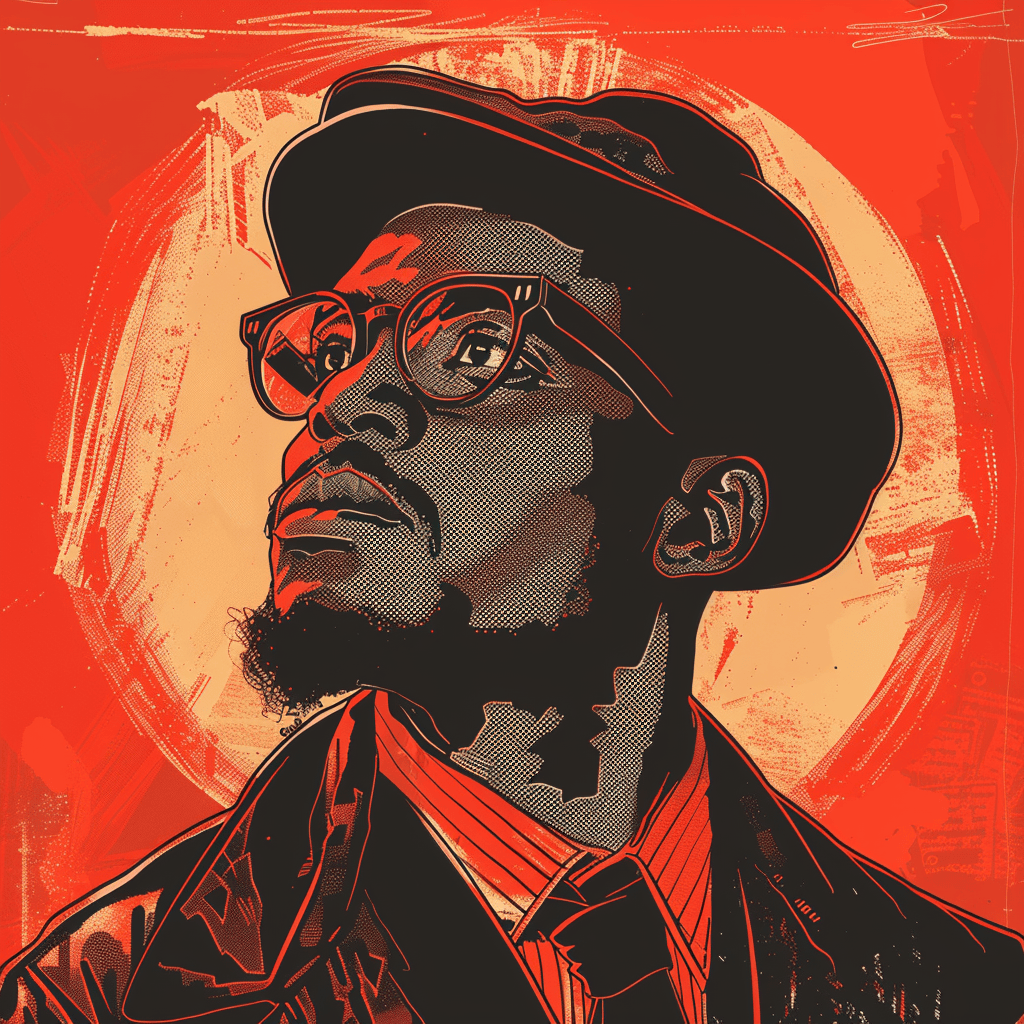Isn’t the worst socialism still better than the best capitalism? Why try to destroy “revisionist” socialism when you have capitalism to destroy? Wouldn’t it be easier to fix a revisionist socialist country than trying to convince a capitalist one to be socialist?


I typed a bunch of stuff and then just remembered: the USSR backed the KMT (fascists) over the CPC in the Chinese civil war. (side note KMT also got USA backing, and continued beyond KMT retreating to Taiwan into the formation of the UN and beyond) That relationship already started on a bad foot, I’d say paranoia was absolutely warranted.
If you take a closer look into the relationship of the two countries in the area of scientific cooperation, I think it might highlight/magnify the issues from China’s POV.
Sovereignty was a core issue/theme for China under Century of Humiliation, and brushing that off as paranoia is making light of that… perhaps the Soviets did not understand why sovereignty (and why if China joined under the USSR banner it would lose a good chunk of hard-won sovereignty) is so important to a people who struggled under a series of occupations. But because of that decision to not join the USSR, Chinese scientists who went to the USSR for scientific cooperation/exchanges were met with gatekeeping from tech as well as patronizing attitudes.
Each country came out of their own revolutions in a different place. USSR was already industrialized while China was largely agrarian. China had a lot to catch up on in terms of industrialization and research/technology. From China’s POV, if their supposed ally was truly for advancing socialism/communism, why withhold an ally from advancement in development? Because you don’t follow the exact same model or fold into the same (a larger) body? I’d say that if you want to characterize China as paranoid here, it would also apply to the Soviets. This experience clearly influences China’s modern foreign policy, from covid vaccines to infrastructure loans.